Slavery in Haiti ended in 1794, following the fierce resistance of the Haitian Revolution from 1791 to 1804. This was a pivotal event, marking the triumph of a slave rebellion and the birth of Haiti as the world’s first independent black republic.
The revolution is highly significant in the fight against slavery, with Haiti serving as a symbol of freedom and defiance for enslaved individuals worldwide. Despite this historic achievement, modern-day Haiti continues to struggle with forced labor and human trafficking, highlighting the ongoing battle to completely eradicate slavery.
Spanish Colonization and Slavery in Hispaniola
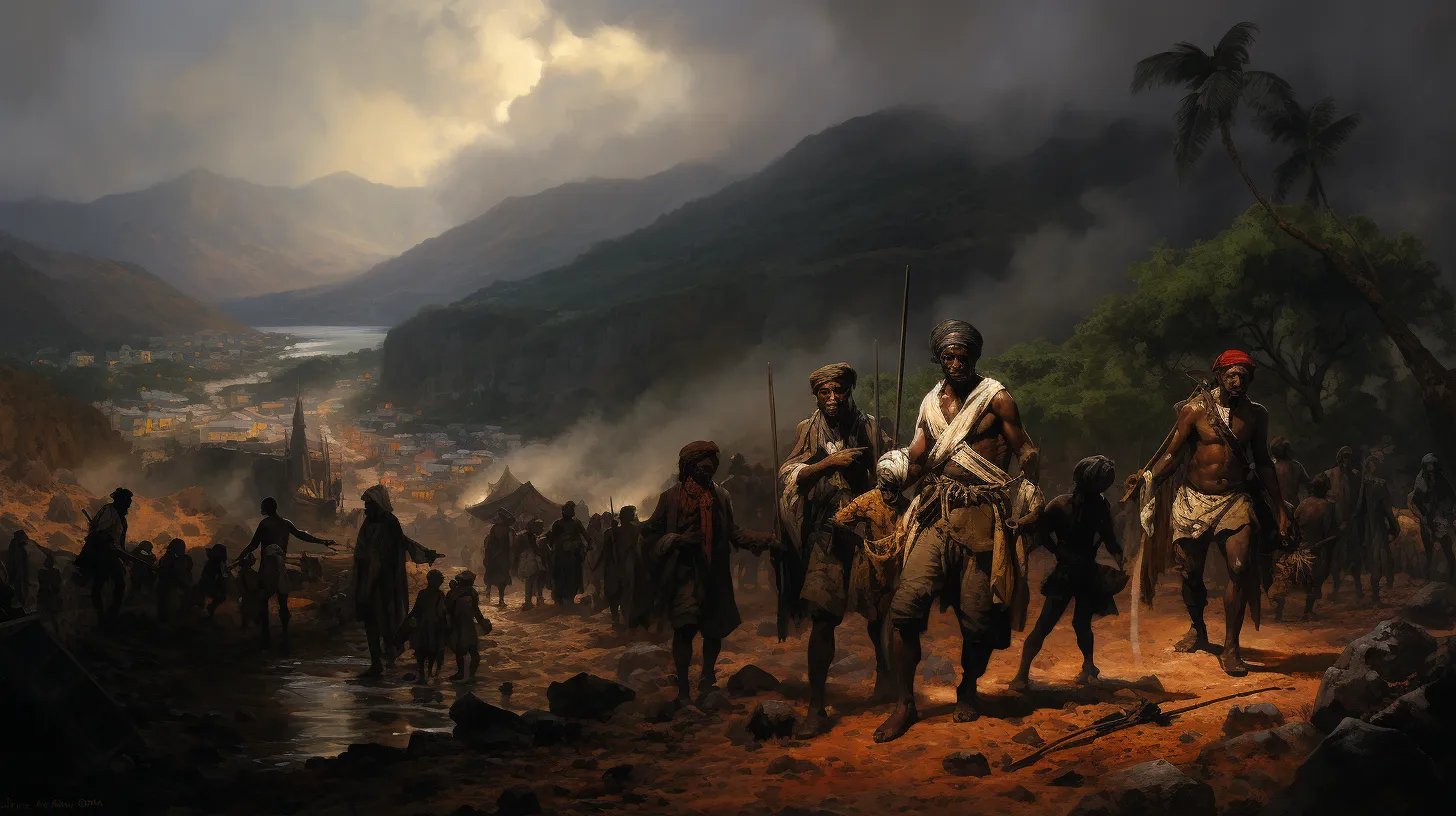
The subjugation of enslaved Africans under Spanish colonization in Hispaniola was characterized by severe exploitation and brutality. The Spanish brought enslaved Africans to work in mines and on plantations, leading to a large-scale slave population. The harsh treatment of both the African slaves and the native population fueled resistance, resulting in the formation of maroon communities in the mountains.
Despite the Code Noir regulating the treatment of slaves, they faced extreme punishments, harsh working conditions, and high mortality rates. The shift from Spanish to French control further impacted slavery in Hispaniola, eventually culminating in the Haitian Revolution of 1791-1803.
This revolution marked the end of slavery in Saint-Domingue and all French colonies, fundamentally changing the plantation system and the fate of enslaved Africans in Haiti.
Rise of Resistance and Uprisings in Saint Domingue
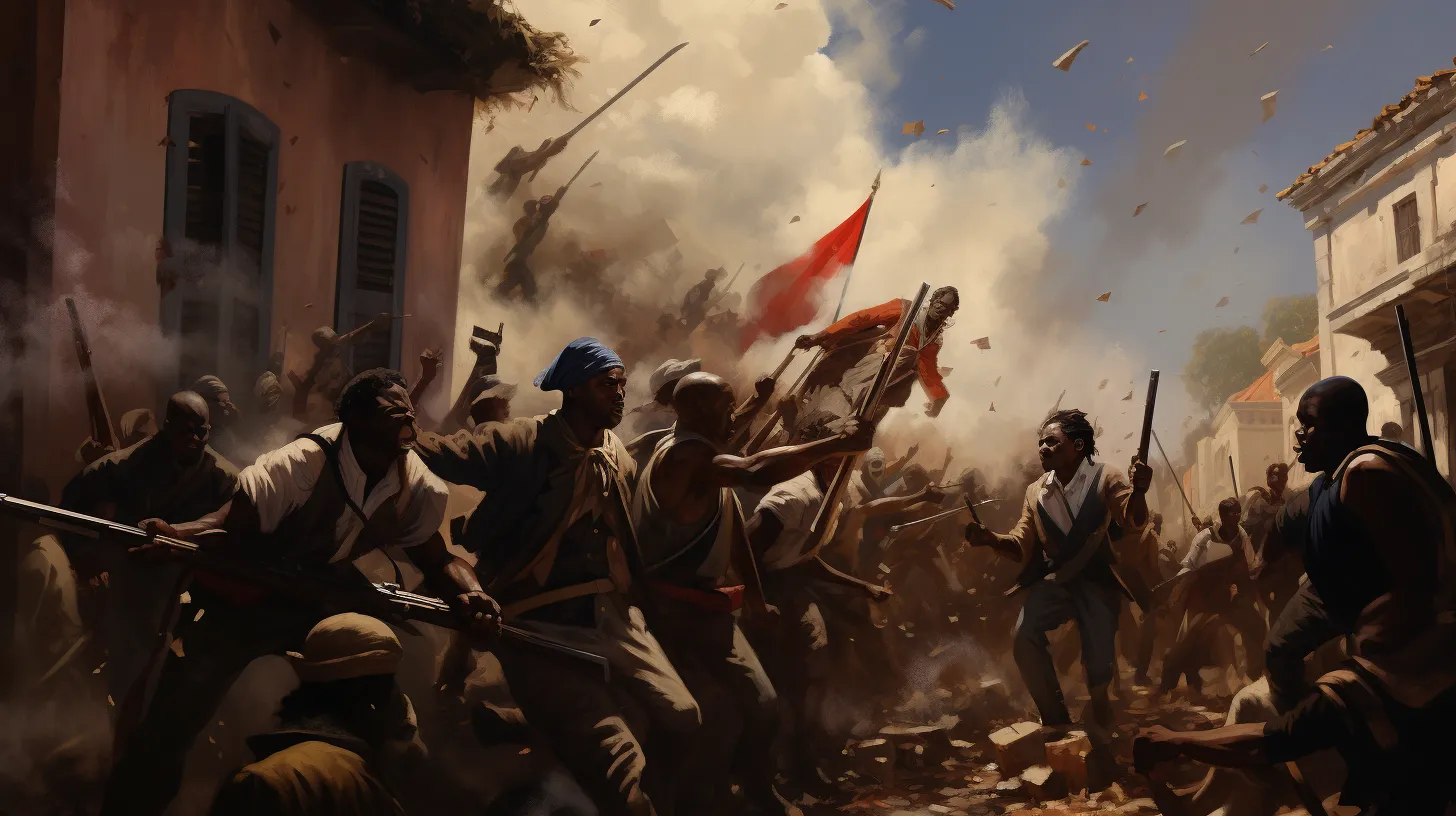
Rising resistance and uprisings in Saint Domingue culminated in the end of slavery in Haiti.
The Haitian Revolution of 1791-1803 was sparked by the relentless resistance of enslaved individuals. Maroons, such as François Mackandal, organized raids on plantations, inspiring rebellion among slaves.
They established communities away from settled areas and attacked settlements for supplies. Some maroon leaders were captured or died in captivity.
Additionally, rebel slaves made alliances with the British and Spanish, exchanging their services for freedom.
These efforts ultimately led to the abolition of slavery in Saint Domingue.
The determination and resilience of the slaves, coupled with strategic alliances and organized resistance, played a pivotal role in bringing an end to the oppressive institution of slavery in Haiti.
Abolition of Slavery and Independence Struggle
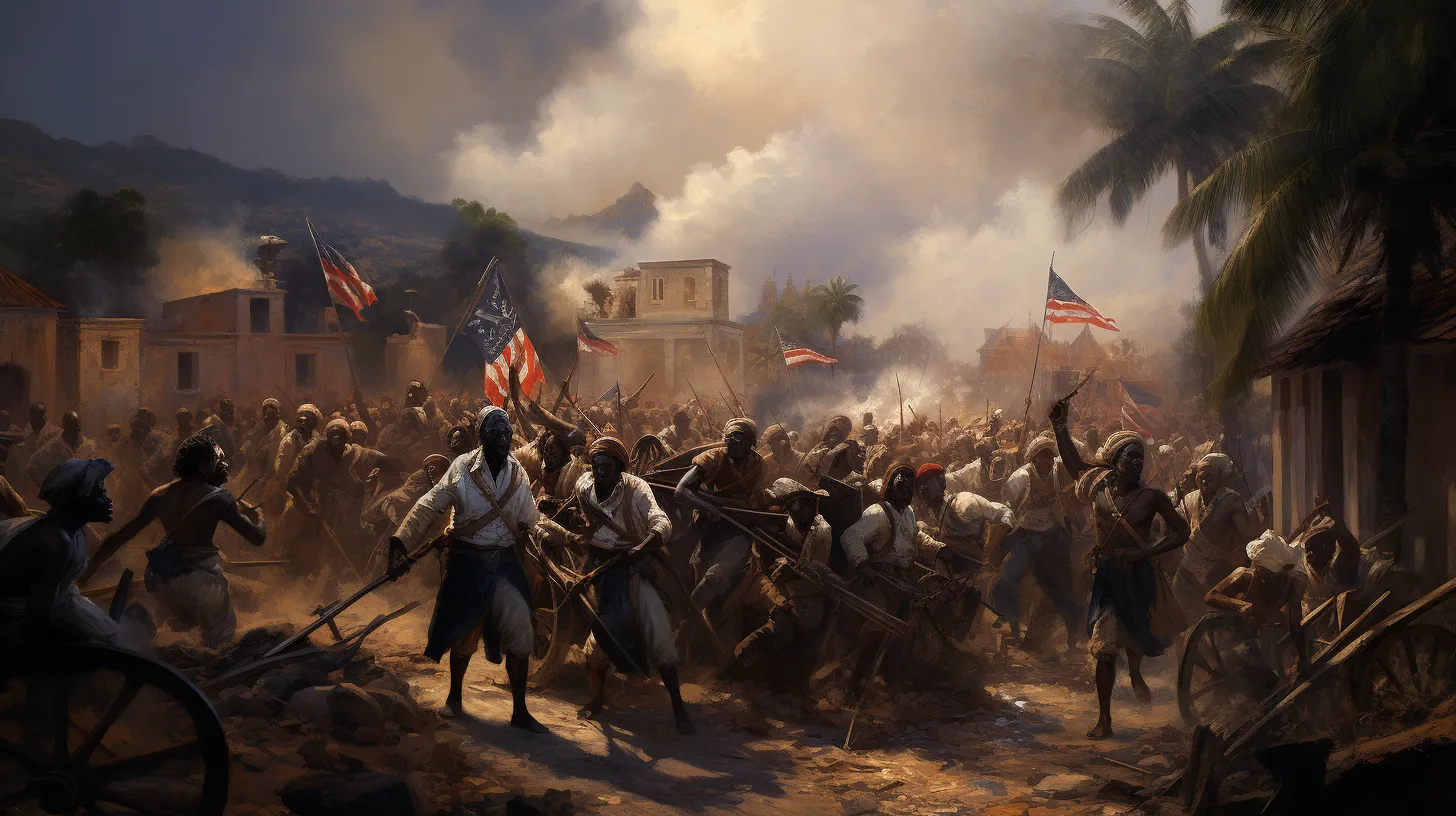
Amidst the tumultuous struggle for independence, enslaved individuals in Haiti fought against the oppressive institution of slavery, ultimately leading to its abolition.
The Haitian Revolution, spanning from 1791 to 1803, was a pivotal moment in the abolition of slavery and the fight for independence. Abolitionists, alongside rebel slaves, played a crucial role in challenging the oppressive system.
The French government’s decision to abolish slavery in response to the threat of invasion, and the subsequent vote to abolish slavery in all French colonies in 1794, marked a significant shift. Rebel slaves also formed alliances with the British and Spanish, seeking freedom in exchange for their support during this tumultuous period.
The abolition of slavery during the Haitian Revolution not only impacted Haiti but also inspired the struggle for independence in other Latin American countries.
Leadership and Legacy in Post-Slavery Haiti
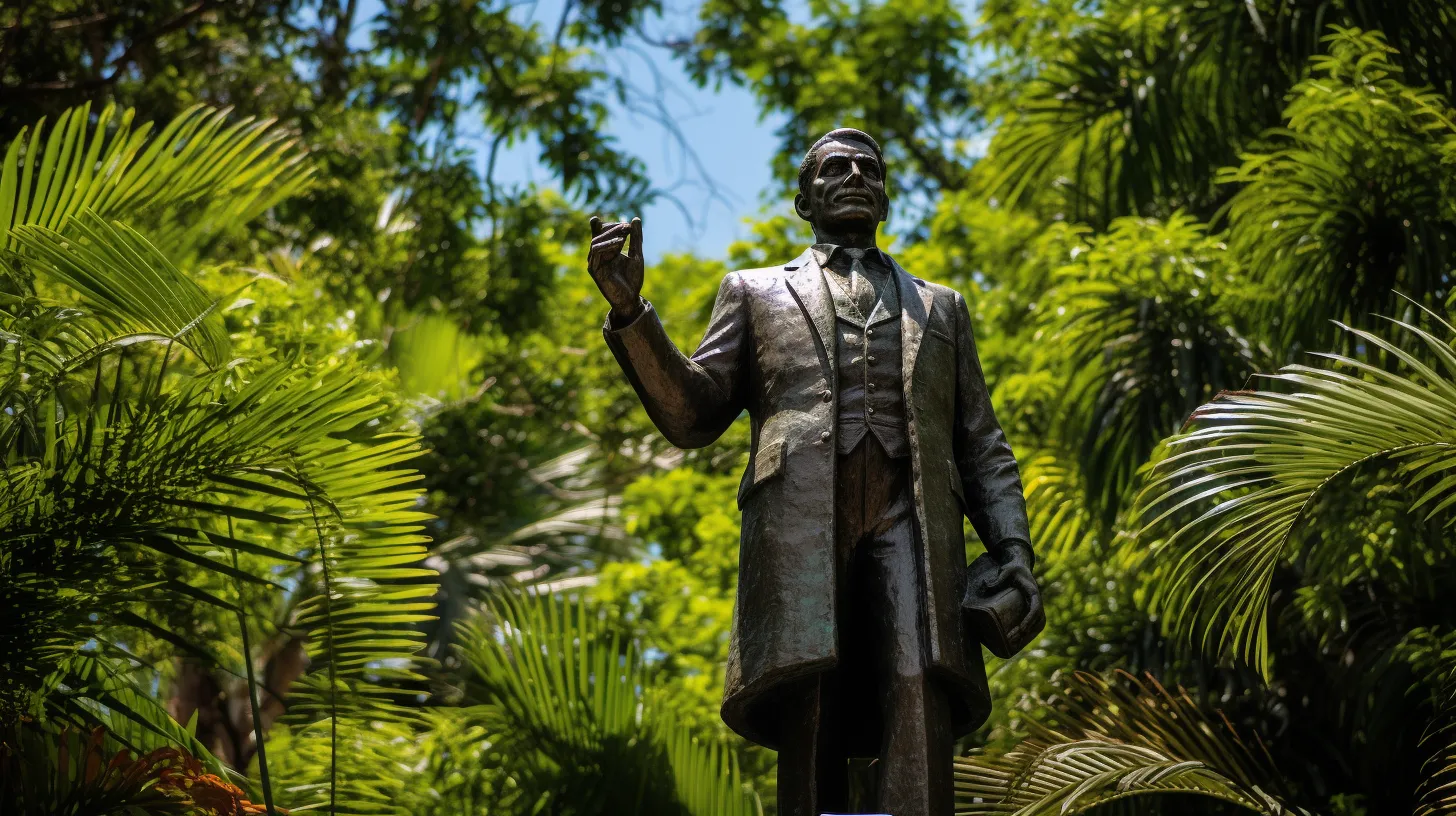
During the post-slavery era in Haiti, leadership and the enduring legacy of the Haitian Revolution continued to shape the nation’s trajectory.
Toussaint Louverture’s leadership during the revolution and subsequent establishment of the independent republic of Haiti had a profound impact on the nation’s development. His efforts not only led to the abolition of slavery but also inspired discussions about human rights, equality, and social justice.
The legacy of the Haitian Revolution challenged the institution of slavery and had a significant impact on the abolitionist movement worldwide. The collapse of the economy in Saint Domingue and the migration of whites to other countries were direct results of the revolution’s leadership and resistance.
The ongoing influence of the Haitian Revolution and the leadership of figures like Toussaint Louverture continue to resonate in Haiti’s history and culture.
Impact on Modern-Day Haiti
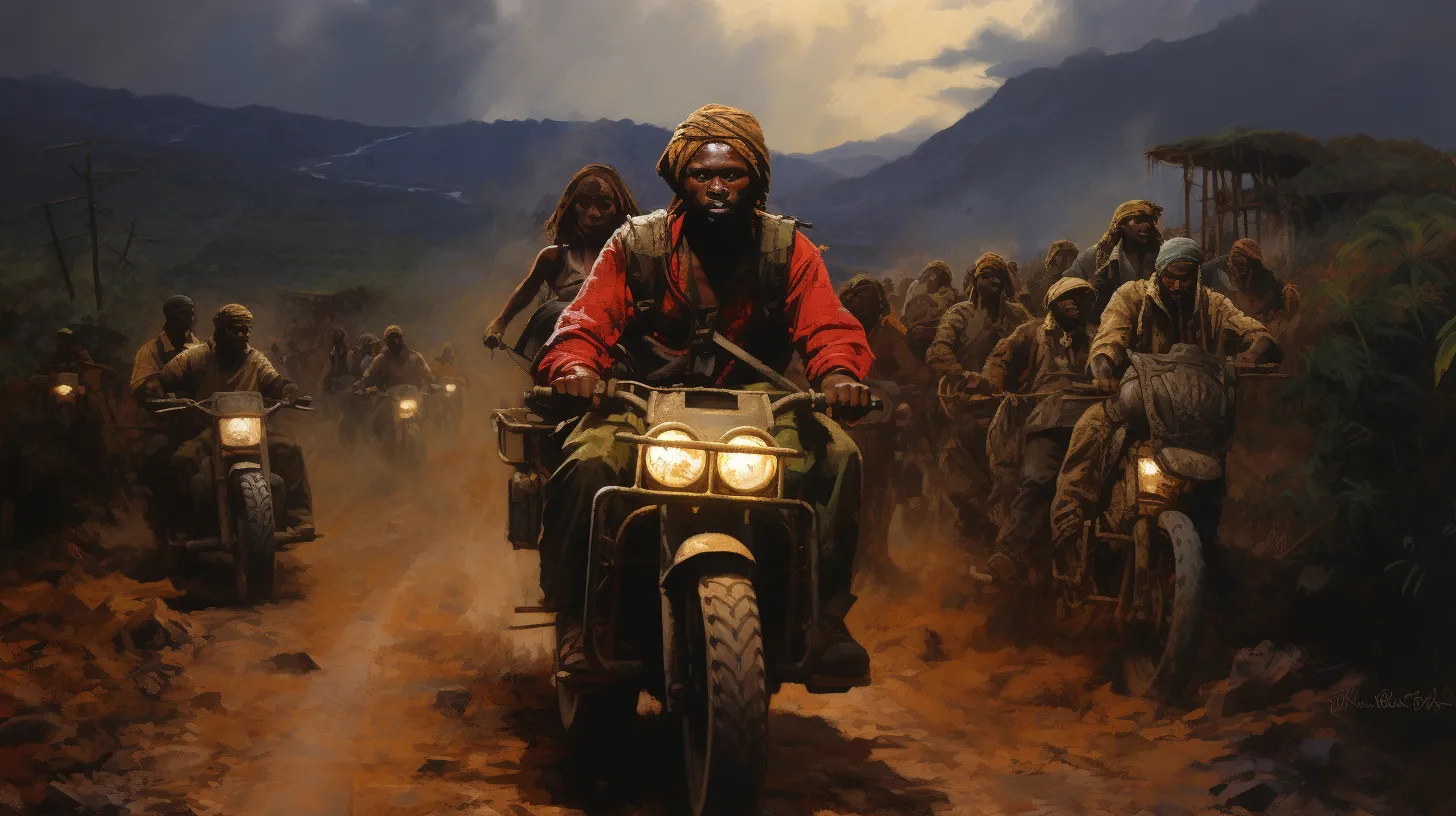
Modern-day Haiti continues to grapple with the pervasive impact of slavery and human trafficking, particularly affecting the most vulnerable populations.
The legacy of slavery, compounded by the tumultuous history of the Haitian Revolution and subsequent political and economic instability, has contributed to the prevalence of forced labor and human trafficking in modern-day Haiti. Despite the official abolition of slavery in the 19th century, the country still faces significant challenges in eradicating these practices.
The devastating earthquake in 2010 further exacerbated the issue, leaving many Haitians susceptible to exploitation by traffickers. Forced labor and human trafficking disproportionately affect the poor, women, children, and migrants in Haiti today.
Efforts by organizations like Anti-Slavery International aim to combat slavery and human trafficking, but the impact of historical slavery and the Haitian Revolution continues to cast a long shadow over modern-day Haiti.



